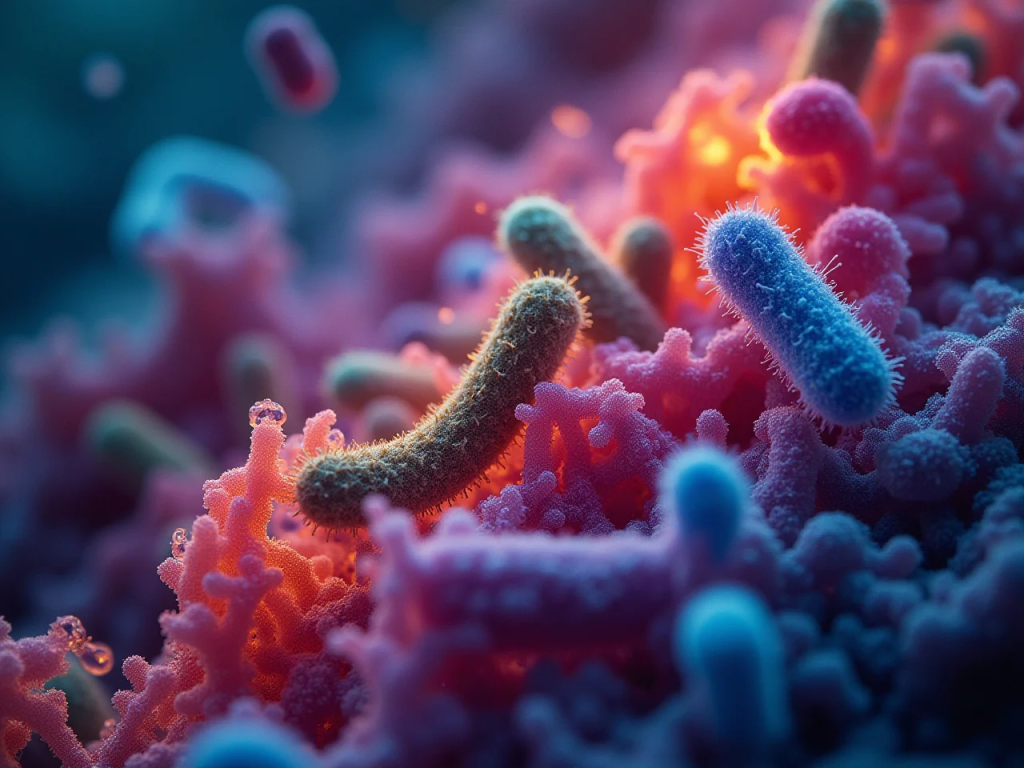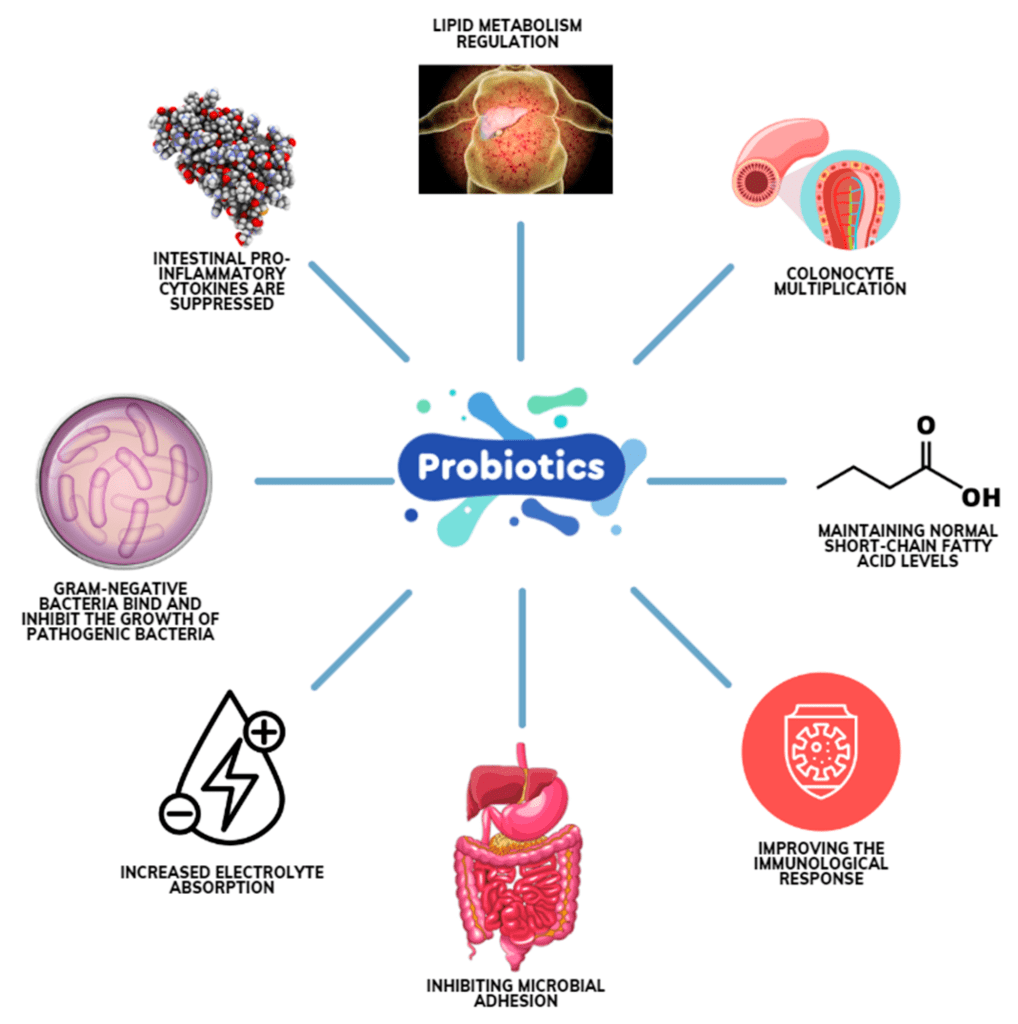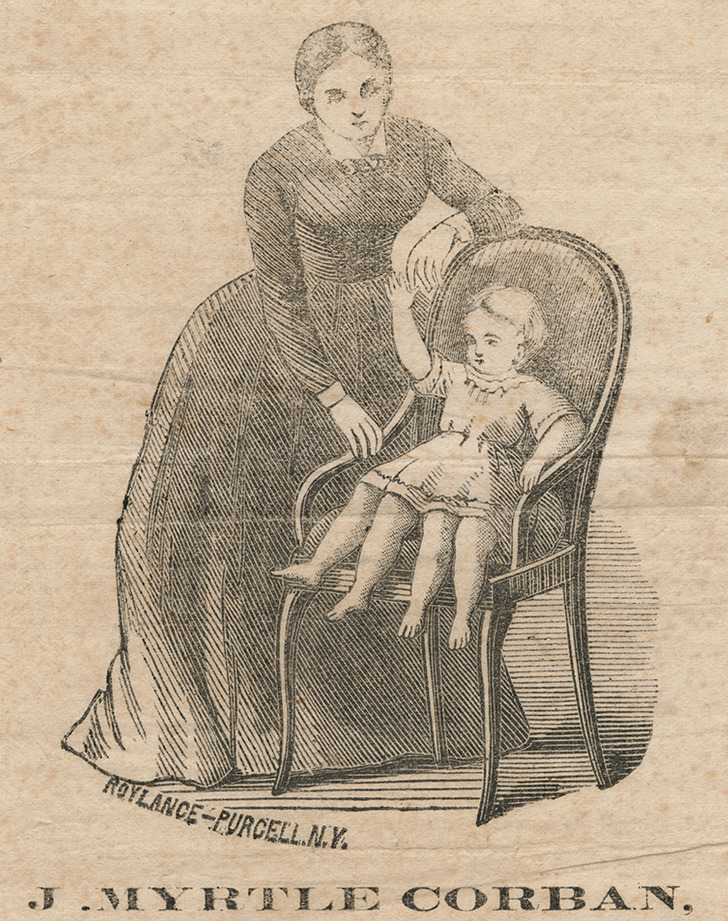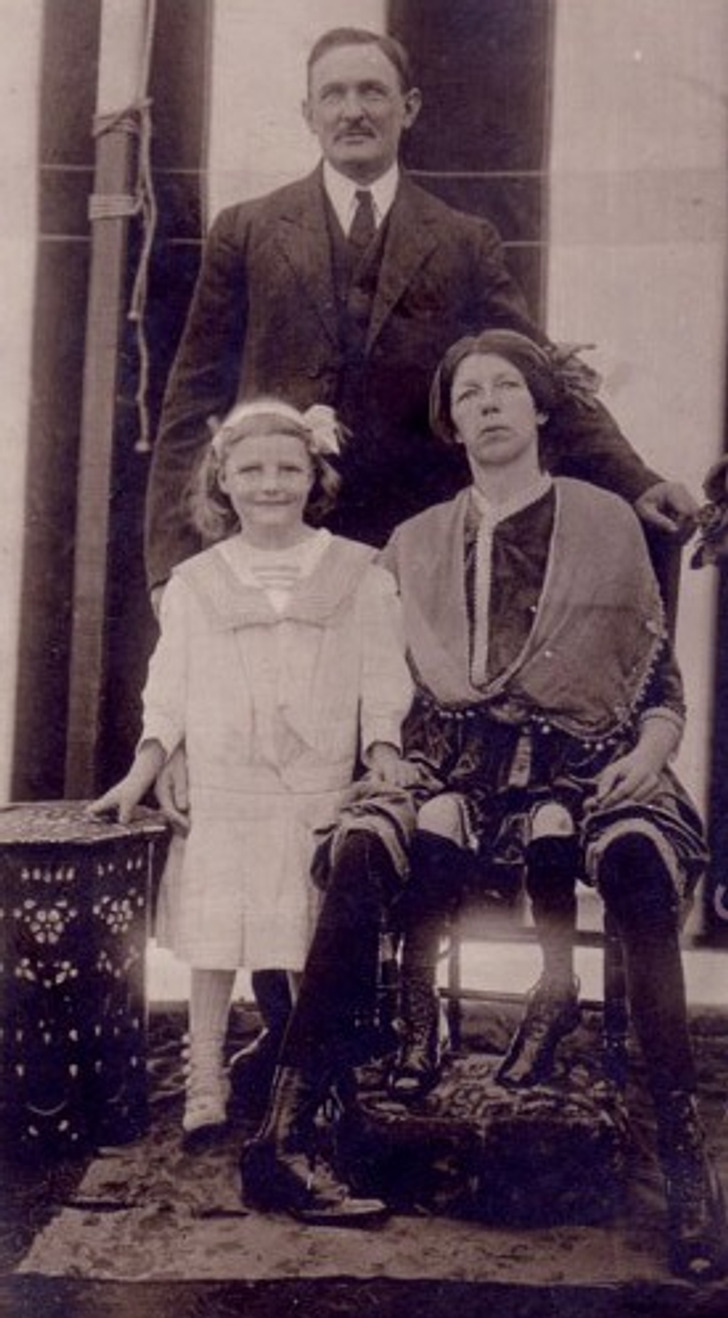Gut health has become a hot topic, with probiotics, fermented foods, and herbal remedies widely promoted for improving digestion. However, the conversation often presents a confusing contradiction: If probiotic foods promote good bacteria, wouldn’t antibacterial herbs like oregano destroy those beneficial microbes?
The truth is, gut health isn’t as simple as labeling bacteria as good or bad. Instead, the key lies in maintaining a balanced gut environment to prevent overgrowths that lead to bloating, heartburn, and other digestive issues. Let’s dive deeper into understanding how bacteria impact gut health and how you can eliminate harmful bacteria while protecting beneficial microbes.
The Role of Gut Bacteria in Digestion

Your gut is home to trillions of bacteria, some of which aid digestion, while others can cause problems when they multiply excessively. A well-balanced microbiome ensures that beneficial bacteria regulate digestion, support immune function, and prevent harmful microbes from taking over.
Think of your gut like a national park—every species plays a role. If one species overpopulates, the ecosystem falls out of balance. The same happens in your digestive system when certain bacteria overgrow due to poor diet, stress, or antibiotic use.
Common Culprits Behind Bloating and Heartburn
Several bacteria and yeasts can trigger bloating and acid reflux by fermenting food too aggressively or producing excess gas. Some of the most notorious ones include:
- H. pylori – A common cause of acid reflux, ulcers, and indigestion.
- Clostridium difficile (C. difficile) – Can lead to severe diarrhea and inflammation when overgrown.
- E. coli – While some strains are harmless, others cause bloating and stomach pain.
- Candida (Yeast Overgrowth) – A yeast that can disrupt digestion and lead to bloating, fatigue, and inflammation.
If these microbes become dominant, they can lead to chronic digestive discomfort, food intolerances, and even long-term health issues.
Video : How to Wipe Out Bad Bacteria in the Stomach
How to Eliminate Harmful Gut Bacteria Naturally
Instead of trying to kill off all bacteria, the key is to reduce overgrowths while maintaining balance. Here’s how you can do it:
1. Starve the Harmful Bacteria
Harmful bacteria thrive on sugar, refined carbs, and processed foods. By cutting these out, you make it harder for them to survive. Avoid:
- White bread, pasta, and pastries
- Sugary snacks and sodas
- Artificial sweeteners (which can disrupt gut bacteria)
Instead, opt for fiber-rich whole foods that nourish good bacteria, such as vegetables, legumes, and nuts.
2. Use Natural Antimicrobials
Certain herbs and spices help eliminate bad bacteria without wiping out beneficial microbes. Some of the best natural antibacterial agents include:
- Oregano oil – Powerful against bacterial overgrowths like SIBO (small intestinal bacterial overgrowth).
- Garlic – Contains allicin, which helps fight H. pylori and Candida.
- Thyme and rosemary – Act as natural antibiotics without disrupting gut flora balance.
- Berberine – A plant compound effective in eliminating harmful bacteria while supporting digestion.
These can be taken as supplements or used in cooking to support gut health.
3. Restore Balance with Probiotics and Prebiotics

Once harmful bacteria are under control, it’s essential to repopulate the gut with beneficial bacteria. Foods that help include:
- Probiotic-rich foods: Yogurt, kefir, sauerkraut, kimchi, and miso.
- Prebiotic foods: Bananas, onions, garlic, and oats (these feed beneficial bacteria).
For more severe bacterial imbalances, consider high-quality probiotic supplements that contain strains like Lactobacillus and Bifidobacterium, which support digestion and immune function.
Signs That Your Gut Bacteria Is Out of Balance
How do you know if bad bacteria have taken over your gut? Here are some common symptoms:
- Chronic bloating and gas – Persistent bloating is often caused by bacterial fermentation in the intestines.
- Acid reflux and heartburn – H. pylori overgrowth can trigger excessive stomach acid.
- Frequent indigestion and stomach pain – Could indicate an imbalance in digestive bacteria.
- Fatigue and brain fog – Harmful bacteria produce toxins that affect energy levels and mental clarity.
- Frequent yeast infections or fungal issues – Candida overgrowth can manifest in skin and nail infections.
If you notice multiple symptoms, addressing gut bacteria might be the solution.
Lifestyle Habits That Support a Healthy Gut
Aside from diet, certain lifestyle habits can prevent harmful bacteria from taking over:
1. Stay Hydrated
Drinking enough water helps flush out toxins and supports healthy bowel movements, preventing bacteria from stagnating in the gut.

2. Reduce Stress
Chronic stress alters gut bacteria and increases inflammation. Practices like meditation, deep breathing, and regular exercise can help restore gut balance.
3. Get Enough Sleep
Poor sleep can disrupt gut bacteria and increase cravings for sugary, processed foods, which feed harmful microbes. Aim for 7-9 hours per night.
4. Avoid Overusing Antibiotics
Antibiotics kill both good and bad bacteria, disrupting gut balance. Only take them when absolutely necessary and follow up with probiotics to restore healthy bacteria.
When to Seek Medical Help
While most bacterial imbalances can be managed naturally, there are times when you should see a doctor:
- Severe or persistent bloating and abdominal pain
- Unexplained weight loss
- Chronic diarrhea or constipation
- Symptoms of an H. pylori infection (constant acid reflux, nausea, stomach ulcers)
A medical professional can run gut microbiome tests or perform a stool analysis to determine if harmful bacteria are causing your symptoms.
Video : How to Kill The Bacteria Causing Heartburn And Bloating!
Final Thoughts: The Key to a Healthy Gut
Eliminating harmful gut bacteria isn’t about destroying all microbes—it’s about restoring balance.
By making simple dietary changes, incorporating natural antimicrobials, and supporting beneficial bacteria, you can:
✔ Reduce bloating and acid reflux
✔ Improve digestion and nutrient absorption
✔ Boost immunity and energy levels
✔ Prevent chronic gut-related issues
Taking care of your gut is one of the most important things you can do for your overall health. Start making small changes today, and your digestive system will thank you!
Meet Myrtle, the Woman Who Was Born With 4 Legs and Eventually Became a Mom
Josephine Myrtle Corbin was born with a rare birth defect called polymelia, meaning born with extra limbs, in her case, she had 4 legs, 2 normal ones and 2 smaller ones that grew from her hips. But there was more to it. She also had 2 sets of reproductive organs and 2 pelvises. Because of this rare occurrence, she’s probably one of the few people in history considered wonders. Let’s delve into Myrtle’s story and discover her exceptional life milestones.Myrtle was considered a rare and remarkable case of human development.
Josephine Myrtle Corbin, an American sideshow performer, came into the world in 1868 as a remarkable medical rarity. Affected by a condition known as dipygus, she possessed two lower bodies from the waist down. This unusual phenomenon occurred due to her body axis splitting during development, resulting in two separate pelvises side by side. Remarkably, her smaller inner legs were paired with one of her outer legs. While Myrtle could move her inner legs, but they were too weak to walk on.
Born in Tennessee to her parents, William and Nancy, Myrtle’s arrival brought both wonder and concern. At 25, her father, William, and 34-year-old mother, Nancy, welcomed the unique little Myrtle into their lives. Medical professionals noted that if Myrtle had been delivered breech, with her bottom first, it could have been potentially fatal for both her and her mother. Thankfully, Myrtle’s early days were promising, as she displayed signs of strength, weighing 10 lb (4.5kg) just 3 weeks after her birth.
Myrtle’s father was facing financial hardship and had to think of ways to support his growing family.

© Charles Eisenmann (1855-1927) / Wikimedia Commons, © Public domain, © Palette.fm
At the age of 5 weeks, people had the opportunity to visit William Corbin and marvel at his four-legged daughter for a small fee. As the years passed, Myrtle grew up accustomed to the constant stares and astonishment from those who encountered her rare condition. Her inner legs never fully developed, her right foot was clubbed, and both of the smaller legs had 3 toes on each foot.
Over the following decade, William took Myrtle on a journey across the country, where she participated in fairs, sideshows, and dime museums. By the time she turned 14, she had achieved success and managed to secure a lucrative contract paying her an unusually high salary of $250 per week.
The four-legged girl, Myrtle, had a younger sister named Ann, who fortunately did not suffer from any birth defects.
Myrtle married when she was 18 and later became a mother.

© James R. Applegate (1849–1910), Philadelphia / Wikimedia Commons, © Public Domain, © Palette.fm
As Myrtle entered adulthood, she grew weary of the constant attention she received due to her condition. At 18, she decided to marry James Bicknell, a medical student, after which she retired from her performing career. Interestingly, her fame had inspired others to attempt to fake her unique deformity, but all of these impostors were eventually exposed as frauds.
A year into their marriage, Myrtle experienced troubling symptoms like fever, nausea, headaches, and side pains. Concerned, she sought medical attention, and to her disbelief, the doctor revealed that she was pregnant on her left side. Myrtle skeptically responded, saying, “If it had been on my right side, I would come nearer believing you are correct.” The pregnancy proved challenging for her health, and doctors even advised her to consider an abortion due to the severity of her illness. However, Myrtle managed to recover swiftly.
Over the following years, James and Myrtle welcomed seven more children into their family. Tragically, only 5 of them survived infancy, 4 daughters and a son.
© Unknown author / Wikimedia Commons, © Public Domain
The family lived a quiet life until their 5 children reached adulthood. Then Myrtle re-entered the show business. In 1909, when Myrtle was 41, she was a part of Huber’s Museum exhibit, appearing as The Four-Legged Girl from Cleburne, Texas. She often dressed her 4 legs in matching shoes and socks, to the audience’s delight. She was making $450 per week at the time.
In 1928, Myrtle developed a skin infection on her right leg, and the doctor diagnosed her with erysipelas or a strep infection. A week later, on May 6th, 1928, Myrtle passed away. Her casket was covered in concrete, and family members kept watch until it was fully cured to prevent grave robbers from stealing her remains.
Almost a century later, Josephine Myrtle Corbin Bicknell continues to inspire others by proving that even in the 19th century, a woman could forge a successful career and become a mother all at once.



Leave a Reply